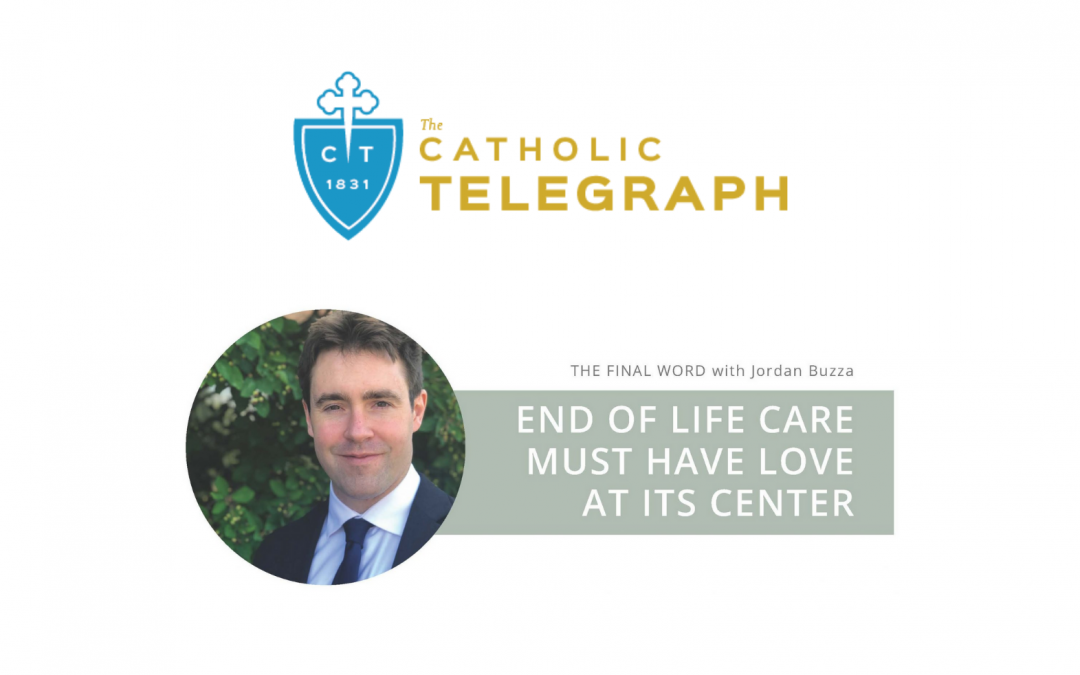Jordan Buzza, Director CMF CURO Catholic Health Care Ministry was recently published in Catholic Telegraph Magazine. Below is an excerpt from the article on end of life care.
To be clear, the call to love, and therefore to oppose assisted suicide and euthanasia, does not mean abandoning patients in their pain.
“The core problem underlying end of life care, and our treatment of the aged and medically vulnerable in our society, is a lack of love. Our failure to love, individually and societally, defies our Lord’s desire for us to love our neighbors as we love ourselves. As Pope St. John Paul II wrote, “[T]he person is a good towards which the only proper and adequate attitude is love.” Since we may only love others, that is, to will and strive for their authentic good, we cannot use them or treat them differently based on a cost-benefit analysis of whether or not they seem “valuable,” to ourselves or to society. We can only love, for we are all made in the image and likeness of God.
Problems arise when we fail to love and when we internalize the idea that it is possible for a life to become overburdened and useless. These problems are compounded when professionals and society at large externalize these ideas into policies and laws. When this happens–when a society decides that each and every human isn’t worthy of love–then its citizens suffer and human rights abuses occur. Today, some in our society struggle to understand that the aged and those at the end of their lives are worthy of love, a love that enables them to live and die naturally. This lack of love imposes suffering and abuses upon these vulnerable patients and their families.
To be clear, the call to love, and therefore to oppose assisted suicide and euthanasia, does not mean abandoning patients in their pain. Nor does it require certain excessively burdensome medical interventions. Rather, it means that we respect God’s will and seek Him in all things, bringing comfort and love to those in the process of dying.”


